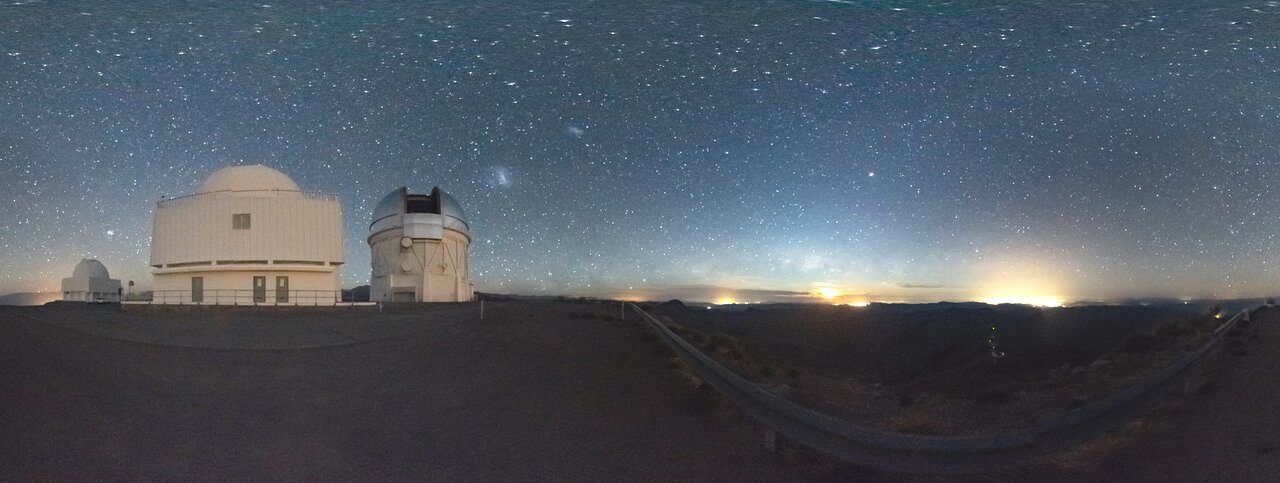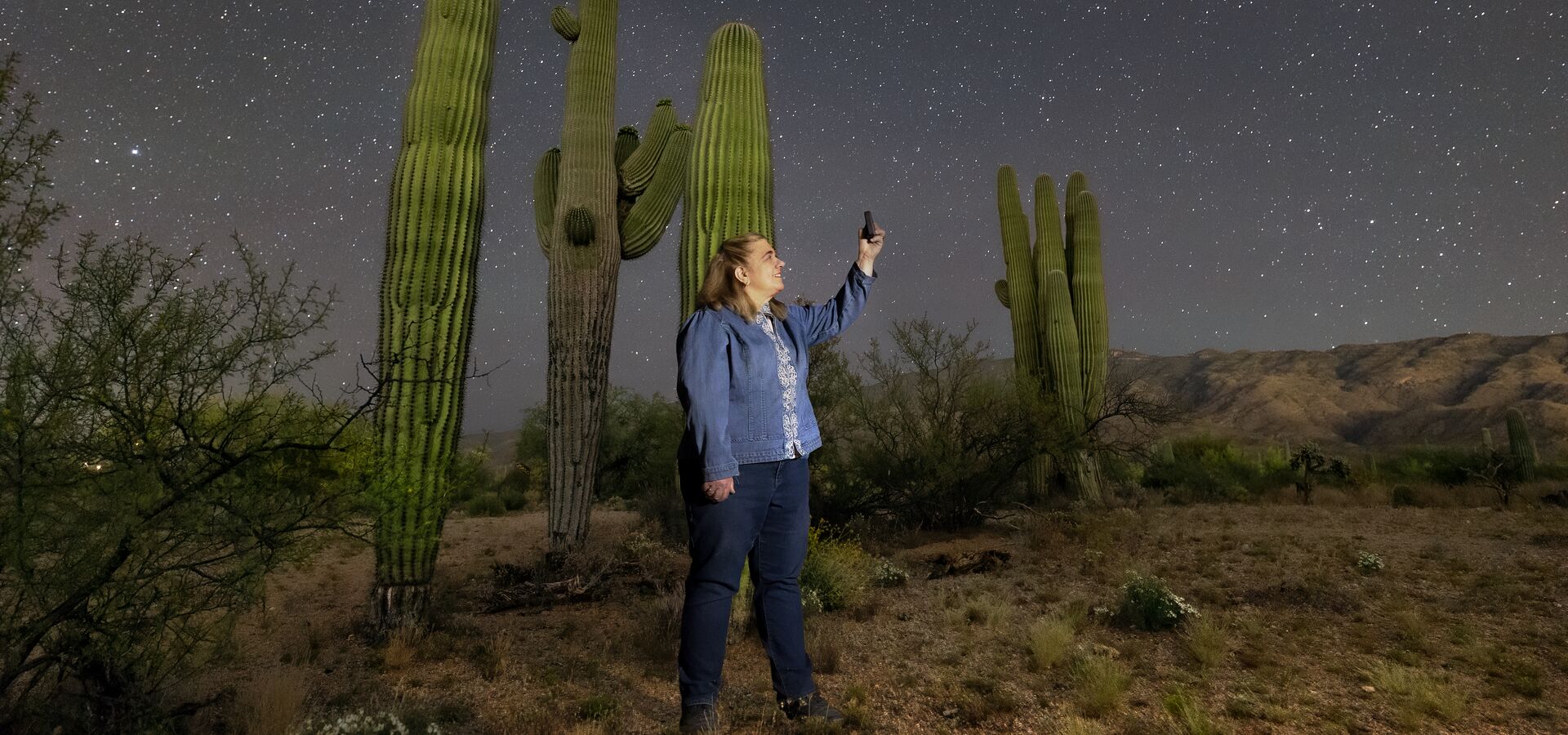Program Elements
Individual Research Projects: Each student will be paired with a mentor from NOIRLab’s scientific staff to investigate a well-defined scientific question in the mentor’s area of research. Through their project work, students will gain experience in the questions, methods, and analysis techniques of professional astrophysics and, ideally, follow their project to a suitable endpoint that can be reported at a professional astronomy meeting. To reach this point within the ten-week term of the program, students will primarily begin with science-ready data: reduced images, spectra, and/or time-series observations obtained with many of the world’s leading astronomical facilities.
Introduction to Coding: The program will provide basic training in coding in Python in order to facilitate timely progress on student research projects and to enable students with different backgrounds and preparation to participate effectively. Carried out in approximately one-hour daily sessions over the first two weeks (depending on student needs), the training will focus on the skills students will need to carry out their projects and share their results. These skills are likely to include: visualizing, plotting, and fitting data, and making attractive plots suitable for presentations, reports, and publications.
Observing Experience: As students will primarily work with science-ready data in their research projects, our program will also include complementary activities that provide direct, first-hand experience of the observational resources and techniques used in acquiring data (telescopes, instruments, observing processes and methods), e.g., daytime visits to Chilean observatories on Cerro Tololo and Cerro Pachón, eavesdropping on observing at the International Gemini Observatory, and a group observing project on the SMARTS 0.9-meter Telescope.


Chile-specific Astronomy-related Enrichment Activities: Enrichment activities, designed to enhance students’ understanding of and appreciation for the local and cultural context in which astronomy operates, will introduce students to cultural astronomy (archaeoastronomy), sky brightness and light pollution measurements, and astro-tourism, and offer them the opportunity to engage with Chilean students in a research journal club.

Professional Development Program: Weekly practical professional development activities will help students succeed and thrive in a career in STEM. The topics covered may include:
- Imposter Syndrome.
- Responsible and ethical conduct of research.
- How to give an effective scientific presentation tailored to different audiences; how to write an abstract; how to create an effective poster.
- Opportunities and career paths in STEM (industry, education, research, communications) including observatory operations, instrumentation, software development, and data science.
- What is graduate school like? What is it like to be a postdoc? How to choose a graduate program. How to apply to graduate school successfully.
- Strategies for successful job interviews.
- How to write a personal statement, how to write a fellowship application.
- Sustainability in astronomy.
Updated on June 21, 2024, 5:24 am